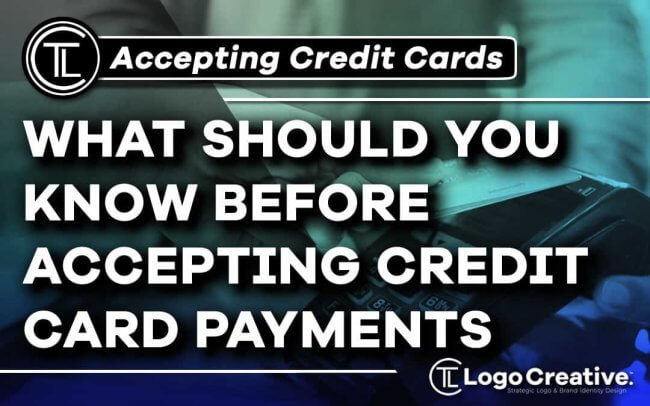If you are selling your products and services online, nothing beats accepting credit card payments. In this article we discuss What Should You Know When You Start Accepting Credit Card Payments?
Besides many customers preferring to make their payments using credit cards, accepting credit cards also increases your profitability, keeps you competitive, and gives you an easy time, as it’s easy to set up.
While this is the case, studies show that many business owners accepting credit card payments for the first time make a plethora of mistakes, meaning that their businesses are doomed even before they start.
What should you know when you start accepting credit card payments? Well, here are some of the things:
Table of Contents
No Two Payment Processors Are The Same
To accept credit card payments, you need a payment processor such as Payment cloud that initiates and completes online transactions with credit card companies and banks.
While all processors help you complete a transaction, each processor comes with unique features.
Some come with POS terminals and others with virtual terminals and mobile card readers.
Different businesses have different needs, so you should take your time to research and find the processor with the features that you need. For example, if you want to process payments remotely, you need a processor with a virtual terminal.
The Fees Involved
As much as merchants love the idea of accepting online payments from their websites, most don’t understand the fees involved.
Before you sign up with any processor, you should understand all the fees involved, so you aren’t surprised the next time you receive your statement. The most common fees you should look out for include:
- Set up fees
- Discount rates
- Address verification fees
- Ongoing fees for a payment gateway
Some payment processors will charge you a termination fee when you cancel your account before the contract is up, so be cautious of this.
Before you sign up with any payment processor, ensure that you fully understand all the fees involved with your account and ask as many questions as possible before making any long-term commitment.
Some of the excellent questions to ask include:
- What are the fees associated with this account?
- How much will I pay in annual fees?
- Does the payment processor offer interchange-plus fees?
- When will the cash payments settled?
- As the business grows, do the processing fees change?
Accepting Credit Cards Comes With Its Risks
As much as you are excited to accept credit card payments, you should know that doing so comes with its fair share of risks.
One risk is a chargeback. Sometimes, a chargeback is genuine, such as when a customer forgets they made a purchase and wants their money back, but other customers might try to rip you off, which might drive your business to turmoil.
Thankfully, you can protect yourself from this by keeping a record of all credit card payments with records of all phone and internet orders. This way, you have proof should you need to attempt a chargeback.
While at it, pay attention to the fine print. Carefully go through the terms and conditions and ensure that you understand even the minutest details before you enter into an agreement.
Join The Logo Community
We hope you enjoyed this article about What Should You Know When You Start Accepting Credit Card Payments?. If you would like more personal tips, advice, insights, and access to our community threads and other goodies, join me in our community.
You can comment directly on the posts and have a discussion with Andrew, the Founder of The Logo Creative.
*TIP – We recommend Skillshare to learn online. There are tons of classes for everything including graphic design, web design, marketing, branding and business related courses. Get a free trial with our link and you won’t regret it Trust us!


